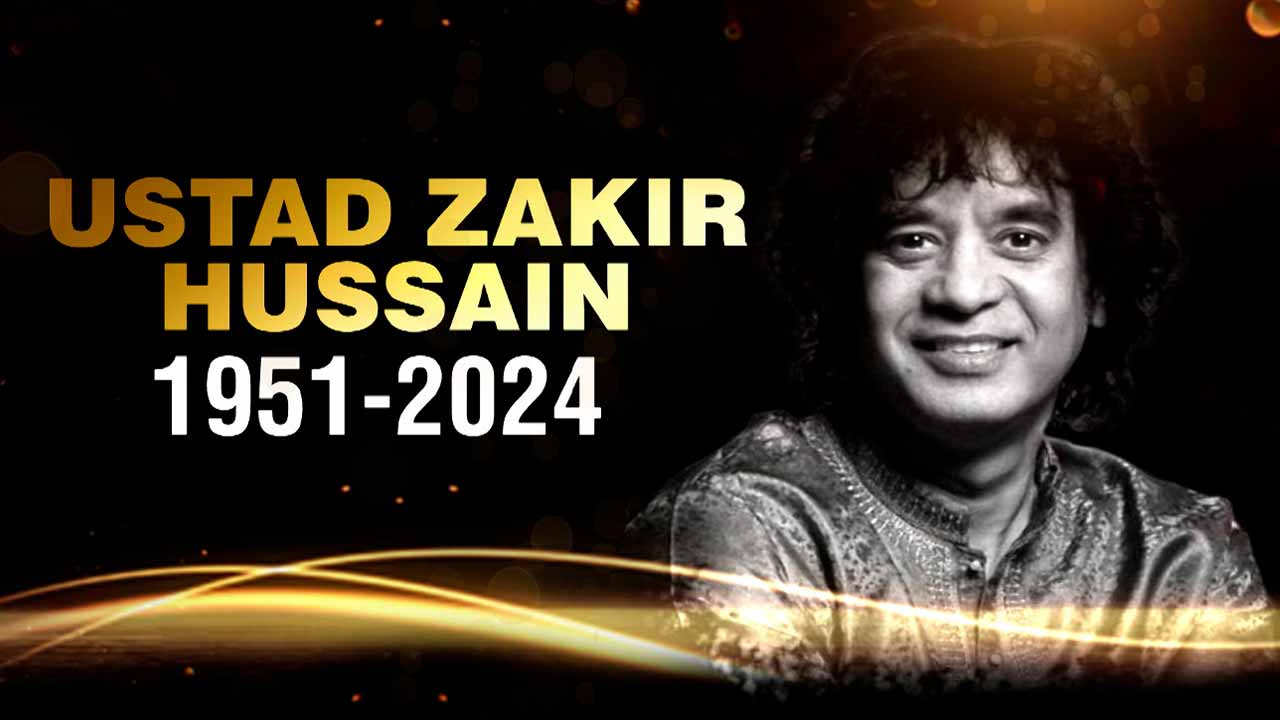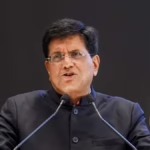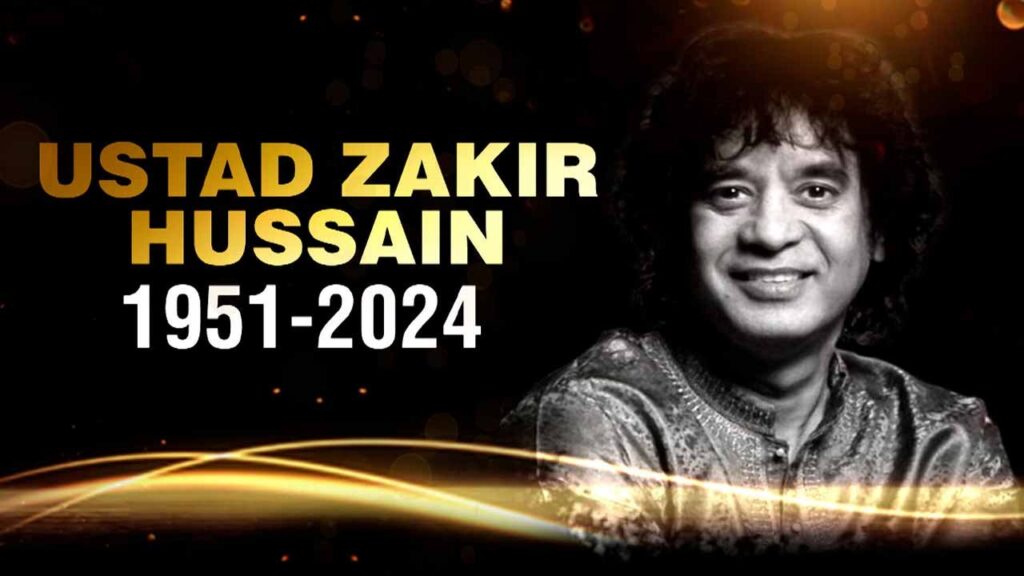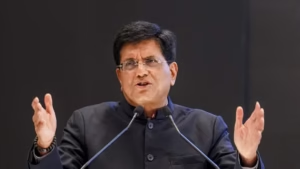#Latest news #Legend #news #tabla #tabla Legend #Tabla Maestro #the firstcritic #trending news #Zakir Hussain

Renowned tabla virtuoso Zakir Hussain, celebrated globally for his unparalleled contribution to Indian classical music and fusion, passed away on Sunday at the age of 73. A recipient of India’s second-highest civilian award, the Padma Vibhushan, and a four-time Grammy Award winner, Hussain left an indelible mark on the world of music with his extraordinary talent and ability to bridge diverse musical genres.
A Global Musical Icon
Born on March 9, 1951, in Mumbai, Zakir Hussain was the eldest son of Ustad Alla Rakha, another legendary tabla maestro. Music was a family tradition, and Hussain’s training began early under the rigorous guidance of his father. By the age of 12, he had begun performing, and his career swiftly escalated to global stages, where he became synonymous with the tabla.
Hussain’s artistry was characterized by intricate rhythms, mesmerizing improvisations, and an innate ability to adapt to different musical styles. His talent wasn’t confined to Indian classical music; he was a pioneer in fusion music, collaborating with artists from genres like jazz, rock, and Western classical music.
The Maestro’s Legacy
Zakir Hussain was a trailblazer who brought Indian percussion instruments to global prominence. His collaborations included iconic projects like Shakti with guitarist John McLaughlin, which fused Indian classical music with jazz, and Planet Drum with Grateful Dead drummer Mickey Hart, which won him his first Grammy Award in 1992.
His partnership with artists like violinist L. Subramaniam, sitar maestro Ravi Shankar, and bansuri legend Hariprasad Chaurasia further solidified his reputation as a versatile and innovative musician. Hussain’s performances showcased not only his virtuosity but also his deep respect for tradition and his commitment to experimentation.
In addition to his Grammy wins, he received numerous accolades throughout his career, including the Padma Shri in 1988 and the Padma Bhushan in 2002. His influence extended beyond live performances; he composed music for films and dance productions and served as an ambassador of Indian culture worldwide.
Breaking Cultural Boundaries
One of Hussain’s greatest contributions was his ability to transcend cultural barriers through music. Whether performing at prestigious venues like Carnegie Hall or collaborating with international musicians, he was a unifying force who brought people together through rhythm and melody. His work with Shakti and Remember Shakti is considered groundbreaking, seamlessly blending Indian and Western musical traditions.

Hussain was also a passionate educator who sought to inspire the next generation of musicians. He frequently conducted workshops and lectures, emphasizing the importance of understanding the roots of Indian classical music while embracing innovation.
A Humble Luminary
Despite his global fame, Zakir Hussain remained deeply humble and rooted in Indian traditions. Known for his warmth and generosity, he often spoke about the importance of preserving and nurturing India’s rich cultural heritage. His infectious smile and dynamic stage presence endeared him to audiences and fellow musicians alike.
In interviews, Hussain often credited his father and guru, Ustad Alla Rakha, for his success. He maintained that his achievements were a continuation of his father’s legacy, showcasing his profound respect for his roots.
Tributes Pour In
The news of Zakir Hussain’s passing has sent shockwaves across the global music community. Tributes have poured in from world leaders, fellow musicians, and fans. Prime Minister Narendra Modi expressed his condolences, calling him a “legend who brought Indian music to the world stage.”
John McLaughlin, his long-time collaborator, shared an emotional tribute, saying, “Zakir was more than a musician; he was a force of nature who taught us the language of rhythm and love.” Mickey Hart also mourned his loss, stating, “The world has lost a rhythmic genius, but his music will continue to inspire generations.”
Indian classical music stalwarts like Pandit Shivkumar Sharma and Ustad Amjad Ali Khan also expressed their grief, praising Hussain’s unparalleled contribution to Indian and global music.
A Void That Cannot Be Filled
Zakir Hussain’s demise marks the end of an era in Indian classical music. He was not just a musician but a cultural ambassador who brought Indian traditions to the global forefront. His influence transcended borders, and his music remains a testament to the power of rhythm in connecting hearts and minds.
As the world mourns the loss of this legendary artist, his legacy continues to live on through his recordings, compositions, and the countless musicians he inspired. Hussain’s life was a celebration of music, and his journey will remain an eternal source of inspiration for artists worldwide.
In the words of Ustad Alla Rakha, “Music is a divine language,” and Zakir Hussain, with his divine touch on the tabla, spoke it fluently to the entire world.












More Stories
Iran-Israel War News Live Updates: Smoke seen rising from the US embassy vicinity in Kuwait, claims report
India to protect its interests in trade deal with US: Piyush
All 7 On Board Air Ambulance Flying To Delhi Die In Crash In Jharkhand